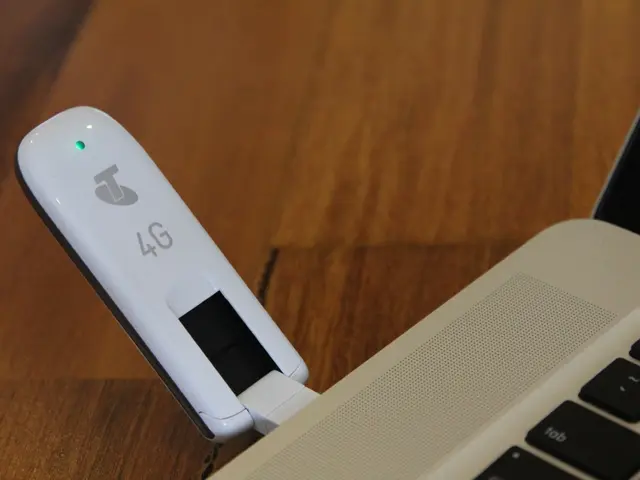Courtroom Battle over Humira's Pricing Determines if it was Unjustifiably High
In an unprecedented move, the Dutch Pharmaceutical Accountability Foundation (PAF) is taking on big pharma giant AbbVie in a Dutch court today, May 9th, over excessive profits from Humira, a blockbuster medication for two decades. The Foundation isn't after cash, but wants a ruling on what constitutes a reasonable profit for the pharmaceutical industry.
At the heart of the case is the question of whether there should be limits to what a company can charge for medicines. PAF accuses AbbVie of abusing its dominant position in the market as a monopoly, violating people's "right to health." They argue that AbbVie has exploited its monopoly, making excessive profits, leaving behind a billion euros in "excess."
The PAF is an independent, public good foundation under Dutch law working to ensure equitable, affordable access to medicines for all. They've calculated AbbVie's profits by subtracting research and development, production and distribution costs, and what they deem as a "fair" profit.
Humira has been a game-changer worldwide, with multiple indications including rheumatoid arthritis, Crohn's disease, and psoriasis. It still boasts billions in sales in the United States, despite slow traction for biosimilar competition due to litigation and a sub-optimally operating drug supply chain.
Last month, the Dutch Healthcare Authority released a report noting that annual per-patient spending on adalimumab-based products in the Netherlands fell nearly 90% in 2018, from €10,400 to €1,300 once biosimilar competition was introduced.
Biosimilars are close in molecular structure and function to their brand name originator biologic medicines, with no clinically meaningful differences in effectiveness. Humira is an originator with numerous referenced biosimilars.
In an initial court proceeding in 2023, the Foundation accused AbbVie of engaging in "unfair, excessive pricing practices." They invoked the importance of considering opportunity costs, stating, "The Dutch government has set a maximum budget for healthcare. That means you have to make choices. You can only spend every euro once. And we see that because drug manufacturers charge too high a price, other drugs or services cannot be delivered."
The Foundation's long-term goals are to establish legally enforceable regulations that ensure medicines are fairly priced and to mandate more transparency from pharmaceutical firms regarding research and development costs, the share of public funding, and profit margins.
AbbVie has responded by stating it acts in accordance with all Dutch laws and regulations. The company categorically rejects the Foundation's allegations and argues that appropriate discounts weren't included in the calculations. They also point out that failed development projects, expansion of indications, and related studies haven't been adequately accounted for in the calculation.
If the Foundation's challenge is successful, it could establish a precedent in the Netherlands, potentially leading to more affordable drugs for patients. A decision by a panel of judges on whether AbbVie acted unlawfully is expected in six to 12 weeks.
Historically, profiteering has been the practice of increasing goods prices to levels much higher than reasonable or fair. However, the case against AbbVie raises questions about whether the Foundation's reasoning regarding excessive profits will hold up in court, as there weren't any supply limitations during Humira's patent period. The overarching problem of rising expenditures on expensive drugs remains a contentious issue.
- The Dutch Pharmaceutical Accountability Foundation's (PAF) case against AbbVie, based on Humira's excessive profits, challenge the science of pricing in the pharmaceutical industry, considering factors like opportunity costs and the impact on health-and-wellness services.
- The interplay between finance and business, presented in the Dutch court case, brings science and medical-conditions into a complex equation, as the PAF contends that excess profits from Humira, a drug used for various medical conditions such as rheumatoid arthritis and Crohn's disease, limit the Dutch government's ability to invest in other health and wellness initiatives.
- As the Dutch court case unfolds, the PAF advocates for pharmaceutical accountability, emphasizing the importance of reasonable drug prices, transparent business practices, and ensuring fair distribution of resources between research, development, and profit margins—ultimately, fostering a more equitable health-and-wellness landscape in the Netherlands and possibly influencing business practices globally.








